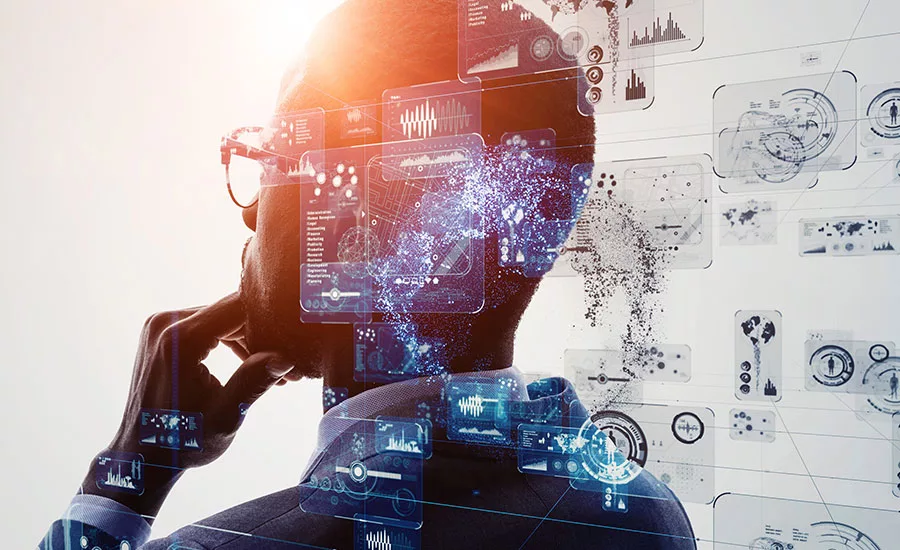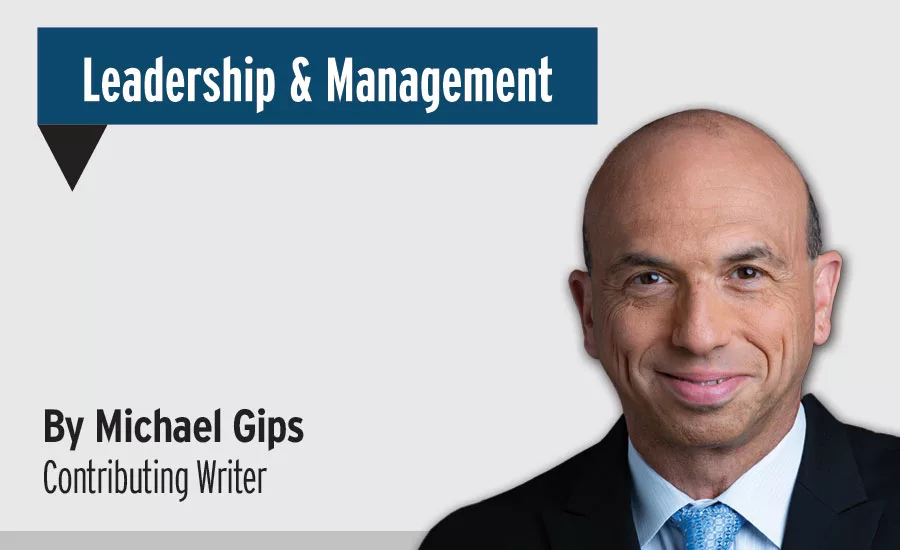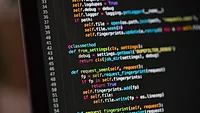Leadership & Management
AI and EI as allies


Both artificial intelligence (AI) and emotional intelligence (EI) have critical roles to play in security. But two recent reports accentuate the challenge of leadership that tethers technology to humanity.
The Security Industry Association’s (SIA) 2021 Security Megatrends report headlines AI, with facial recognition, intelligent spaces, and data privacy further down.
At the same time, Maureen Metcalf of the Forbes Coaches Council published leadership trends for 2021. They involve economic instability, erosion of trust in societal institutions, and decreasing worker privacy as the office moves home.
Both lists ring true. The trick for security professionals is to join the skills and mindsets that constitute the leadership list to the phenomena that make up the security megatrends. The gap between the two — which threatens to become a chasm during these times of tectonic shifts — must be bridged for security professionals not to be left behind.
The most obvious example of the gap is the emphasis on data privacy on one hand and on eroding worker privacy on the other. While laws and regulations such as HIPAA, FCRA and PCI compliance guard client, customer and consumer data, employees lack the same amount of protection.
Next, contrast the prevalence of both AI and facial recognition with the erosion of trust in social institutions. Critics of AI and facial recognition say both technologies bake in prejudices, which damages trust in the institutions that use these tools. The algorithm used in U.S. courts to predict repeat offenders, for example, generated twice as many false positives for black recidivism than for white recidivism.
Now consider responsive environments and intelligent spaces. They hold great potential for facilitating personal experience and identifying threats. Municipalities such as Singapore, Helsinki and Dubai are racing to become smart cities, complete with drone taxis, digital currency and sensors that monitor almost everything.
But the techno-utopias in wealthy cities are at odds with the widespread reality of economic inequality, skepticism about sustainability, and protests against police. In truth, the “smart city” is much more aspirational than actual. Even ultra-wealthy and restrictive societies face grave issues of economic disparity and social injustice.
Megatrends show that the technology is transformative and will continue to advance. Equally invaluable are the leadership skills that emphasize human connection.
It’s time for team AI and team EI to unite.
Looking for a reprint of this article?
From high-res PDFs to custom plaques, order your copy today!






